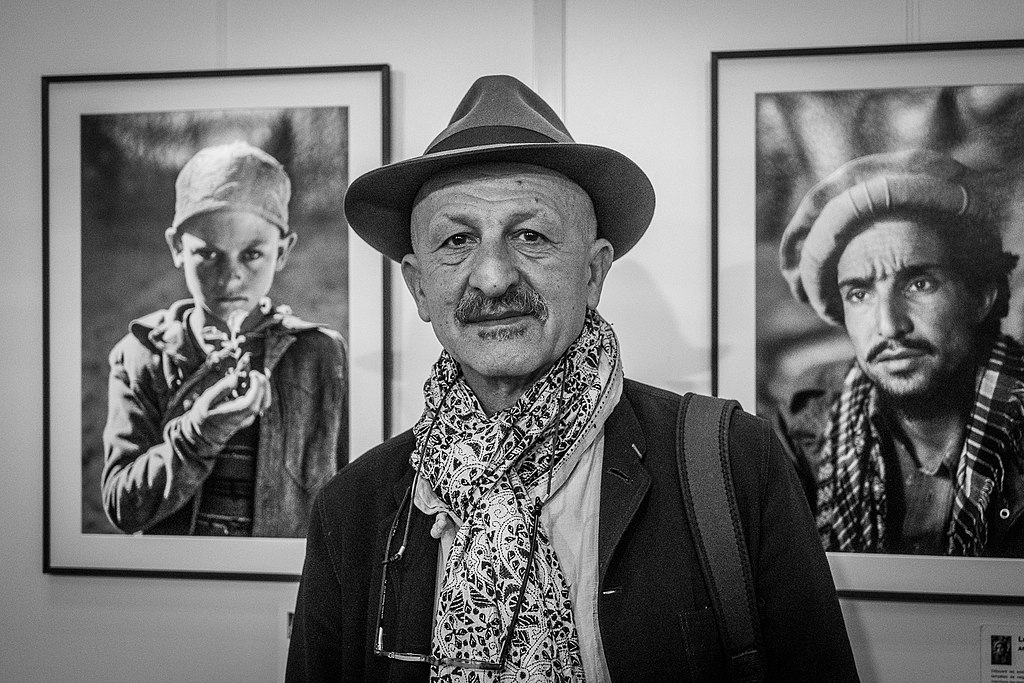Photo by Claude Truong-Ngoc / Wikimedia Commons
World-renowned photographer Reza Deghati has paid homage to the cultural monuments of his native Azerbaijan.
The video celebrates the liberation of the city of Shusha after thirty years of occupation by Armenian forces. It captures tears of joy, documenting the 5th “Kharibulbul” International Folklore Festival that took place in a city previously destroyed by war.
Deghati, who has covered conflicts in Afghanistan, Ethiopia, Sudan and other countries, has been documenting the Karabakh War since 1992. He is the winner of several international awards, including the the Chevalier of the National Order of Merit from the French Government.
Reza Deghati photographs the entire globe
Deghati has photographed a large part of the globe for four decades, and authored thirty books. He photographs mainly for National Geographic, but also for Time Magazine, Stern and Newsweek, to name a few.

Photo by Reza Deghati
A committed activist, Deghati runs workshops in the language of images for refugees and those affected by conflicts through the Reza Visual Academy. He also founded the Ainaworld in Afghanistan in 2001, an NGO that trains populations in information and communications.

Deghati has exhibited in over 250 countries, and is the winner of the Infinity Award from the International Center of Photography. He is a Fellow (2006-2012) and Explorer of the National Geographic Society since 2013, and a Senior Fellow of the Ashoka Foundation.
Reza Deghati was imprisoned and tortured for his photography
Born in Tabriz, Iran, Deghati is of Azerbaijani origin. Deghati’s first photographs saw him jailed for three years in Iran at the age of 22, where he was also tortured. Forced into exile in 1981 for his internationally-published photos of the revolution, Deghati moved to France.
Deghati originally studied architecture, before devoting himself fully to photojournalism.
Reza Deghati celebrates the liberated territories of Azerbaijan

Deghati has displayed photos of the Karabakh war between Armenian forces and Azerbaijan for 20 years. When the Second Karabakh War broke out in 2020, he immediately dropped all arrangements to cover it.
Of particular concern to Deghati was the destruction of Azeri cultural moments. “It was a deliberate destruction of culture, the erasure of the memory of the nation. They erased everything that belonged to the Azerbaijani people,” he says.

The palace of Azerbaijani Karabakh khanate’s (1747-1822) founder, Panahali Khan Javanshir in Aghdam is one of the hundreds of cultural monuments destroyed and looted by Armenia in the once occupied lands of Azerbaijan.
But with the liberation of Azerbaijani lands from Armenian occupation, there is cause for celebration. “The glorious victory rejuvenated us all inwardly, spiritually,” he says. Most impactful was Azerbaijan taking back the city of Shusha, occupied by Armenia since 1992. “The liberation of Shusha was a great heroism. Films and books should be created about it,” Deghati says.
Follow Reza Deghati on Instagram for all his latest news.





